Not being able to gather in person with the Sirens community in 2020 was heartrending. But it also gave us the gift of time: a chance, after more than a decade of work, to take a breath and consider what Sirens is today—and what we want it to be tomorrow.
Sirens is a conference that actively seeks to amplify voices that are pushing boundaries in speculative spaces—and specifically, are pushing those boundaries in the direction of a more inclusive, more empathetic, more just world. Since we featured works on this year’s villainous theme last year, this year’s Sirens Reading Challenge instead showcases 50 works by female, nonbinary, and trans authors that envision that better world—and we’re exploring what that means to us in a series of six posts, using those works as reference points.
Our first three posts discussed finding and sharing those speculative and nonfiction works that, respectively, reclaim what it means for us to be from somewhere, transgress boundaries, expectations, and limitations for all people of marginalized genders, and revolutionize our world through collective action. Today, we discuss the essential nature of hope in navigating our lives and our world.
Hope
Our dreams are limitless.
As we navigate our quotidian lives, full of inequities and injustice, never-ending labors and seeming impossibilities, we continue to dream our limitless dreams. Despite that we must actively reclaim what it means for us to be from somewhere. Despite that, to be who we are, we must transgress. Despite that we wake up every day and go to war. Despite our oppression, our fury, our sorrow, and our exhaustion, we continue to dream our limitless dreams.
We dream of new friendships and new loves and new babies. We dream of new opportunities and new pleasures and new joys. We dream of comfort and health and safety, of hugs and softness and a warm place to rest our heads, protected from storms and danger. Of living wages, meaningful careers, and winning lottery tickets. Of small things, like wildflowers in spring or an hour of blessed silence, and big things, like reproductive justice and carceral system reform, and cosmic things, like world peace and finding life somewhere else in the galaxy.
Our dreams are limitless. They must be. We need them to be.
We need hope.
Our dreams are hope made manifest. Our most secret, most vulnerable heart laid bare. Our wishes for a better life, a fairer world, a wonder-filled universe. Those desires, those optimisms, those yearnings that—even if they never come to be—shape our day-to-day world into something worthy of awe.
Even on our worst days, hope shines resolutely on: a north star, a firework, a beacon reminding us not of what is, but what could be. The inexorable notion that the world offers something better, something brighter, something more brilliant than before—and that we have an active hand in shaping it. In fact, hope demands our individual and collective effort. It fills our brains with endorphins and reduces our cortisol levels, protecting our bodies as much as our minds and our hearts. It equips us with resilience, shields us from despair, and empowers us with the motivation to heal, grow, and of course, dream those limitless dreams.
And so, in the speculative space that is Sirens, our fourth mission statement is hope: to find and share those stories that recognize the necessity of hope and its resolute presence in our lives.
That center worlds made possible only through such hope, and characters that determinedly cling to hope, and in doing so, show us, radically, what hope makes possible. Even more, stories that validate our own most personal hopes, our dreams, our desires—and remind us that our revolutionary focus on hope is not a waste of time, but an essential focus of our lives and well-being. If we must battle for ourselves every day, and we must, we must also remember to hope.Hope—both quotidian and cosmic—is essential.
Hope Works
Anjali Sachdeva’s collection of short stories, All the Names They Used for God, is delicate, balancing at that tenuous point where faith and fantasy intersect, where our need to believe in something larger than ourselves grasps at slippery threads, and hope very much becomes a thing with wings. These works are full of wonder and awe, sometimes inherently present, sometimes created by their characters’ essential need to believe in something glorious. A man meets a mermaid; two girls practice something like witchcraft; a woman explores a subterranean cave. In these liminal, sometimes dream-filled spaces, Sachdeva’s craft is beautiful, ineffable, luminous.
In Amy Rose Capetta’s The Lost Coast, Danny arrives in Tempest, a tiny town in northern California among the towering redwoods, as if she’s been mysteriously summoned. There, Danny almost immediately encounters the Grays—queer witches, outcasts at school who seem to think nothing of that status—in that eldritch space among the trees. The Grays need Danny: They had, in fact, called her to Tempest to find their missing friend, whose body seems to be going about its daily life, but whose soul is decidedly elsewhere. But Danny needs the Grays, too, in this shimmering work about accepting yourself as you are and supporting your friends as they are—both endeavors based inexorably upon no small amount of vulnerability and hope. Capetta’s quietly joyful, gorgeously crafted work will mend the cracks in your heart.
The Deep & Dark Blue by Niki Smith is built on hope: hope that you can claim your identity and that those you love will continue to love you as you are. After a political coup, twins Hawke and Grayson take on new identities—Hanna and Grayce—and hide from their enemies in the Communion of Blue, an order of magical women who spin the threads of reality. This middle-grade graphic novel is full of stories that unravel and are weaved anew, as the twins discover much about the Communion and their own larger place in the world, but the most compelling is how Grayce discovers her identity as a trans girl and embraces it, even as she fears it may separate her from her brother. Smith has woven a magical, hope-filled tale of being true to yourself and forging your own path.
Sooner or Later Everything Falls Into the Sea, Sarah Pinsker’s masterwork collection of short stories, thrives on desolation, nurtures it, consumes it. She has, with great care, fashioned the inescapable misery of isolation into strands that bind both her craft and your reading experience. Her stories are lonely, yearning, destructive, elegiac. Her collection is loss made tangible, in ink and paper. But underpinning all of her works is an undeniable hope, the unshakeable knowledge that the desolation will pass and we will find our human connections once more. The faraway stars in this work shine faintly, but resolutely, as is so often true in all our lives.
The Bloodprint, the first in Ausma Zehanat Khan’s Khorasan Archives series, shows us, with great assurance, a world built on the bedrock hope of its people, even in the face of oppression and despair. In this fantasy Middle East and South Asia, Khan spins her tale as an adventure, but her themes are momentous: knowledge lost to time and apathy, people destroyed by increasingly authoritarian rule, revolution led by unlikely allies steadfast in their willingness to fight for justice. Khan’s work is truly epic, skillfully ranging from timely, global themes to the tiniest nuances and the most carefully laid allusions to seemingly lost legends. In this work that is so much about hope and the good it can bestow on those who believe in it, Khan’s meticulous and determined reclamation of Islam for marginalized people forges its own irrefutable hope as well.
In Blanca & Roja, Anna-Marie McLemore, whose peerlessly lyrical craft is a wonder all its own, reimagines a familiar fairy tale, taking Swan Lake’s enchanted tale of love, transformation, sacrifice, and hope, and bringing it into the modern day. Sisters Blanca and Roja are victims of a familial curse: one of them is meant to become a swan, though neither knows which of them will be the “good” one and which will be spirited away. They try, increasingly desperately, to break from the roles given them, all while grappling colorism, ableism, transphobia, and so many other reminders that the world doesn’t always provide a happy ending. Through this, McLemore laces a persistent, unyielding theme of hope—hope that the world will become a better place, hope that happiness will abound, hope that happy endings exist for everyone.
So many nonfiction works offer facts and figures, inconsolable in their cold truths, about the rage and despair of those of marginalized identities trying to successfully traverse our white, heteronormative, patriarchal world. But in The Likeability Trap, journalist Alicia Menendez jettisons the rage and despair in favor of something that offers far more hope: Instead of trying to balance likeability and power, which scads of research has shown are inversely proportional for women, Menendez argues that women should stop worrying about the likeability trap altogether. Menendez’s thoughtful, often funny work provides facts and figures, too, but also practical solutions, sympathetic reassurance, and a stubborn hope that this thorny path is navigable without losing ourselves.
Nnedi Okorafor’s seminal work, Lagoon, is incontrovertibly brilliant—and so much of what makes it such a thoughtful, unexpected story is the brazen hope that Okorafor writes onto the page. A spaceship lands outside Lagos, and the city’s 17 million residents, not to mention the rest of the world, panic. Some consider war, some predict the end days, some simply flee—and a biologist, a rogue soldier, and a famous rapper are left trying to handle Earth’s first alien encounter. Okorafor’s work, full of cosmic miracles against a backdrop of human chaos, inexorably asks if we would approach such a marvel with great terror or with great hope.
This post is the fourth of a six-part series on Sirens’s mission. You can find the first three posts hers: reclamation, transgression, and revolution. We will update it with links when all posts are published.






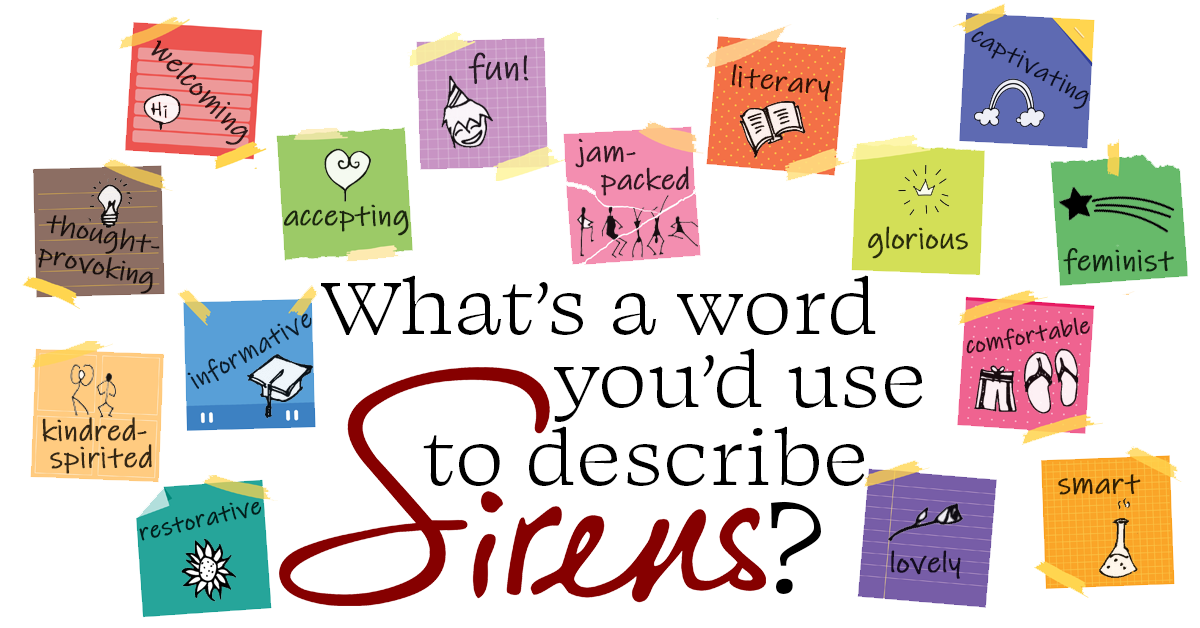
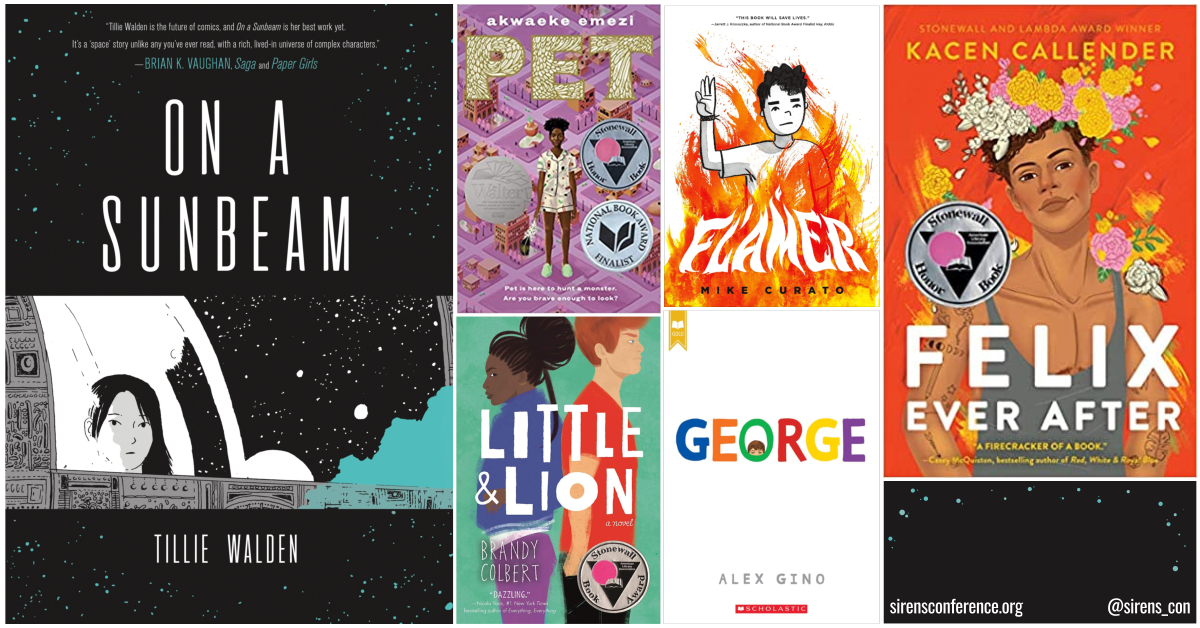

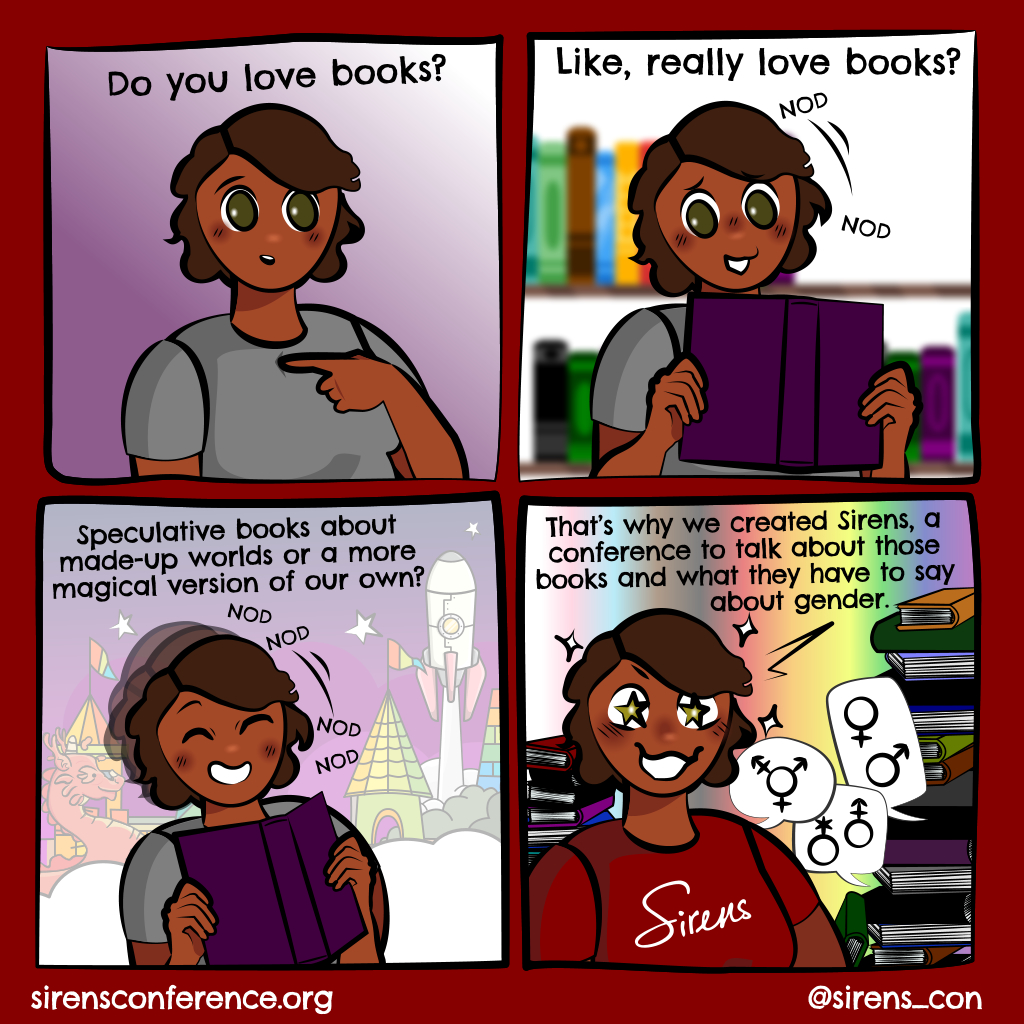
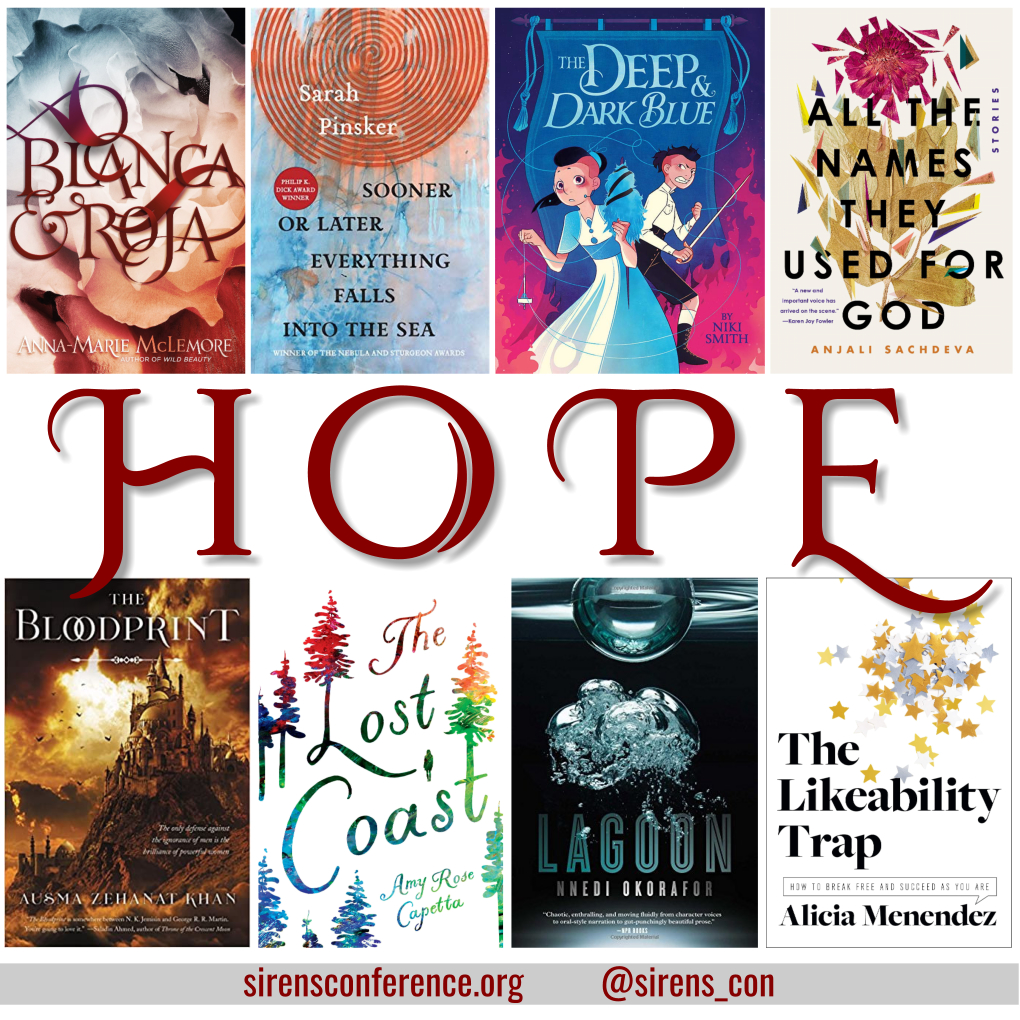

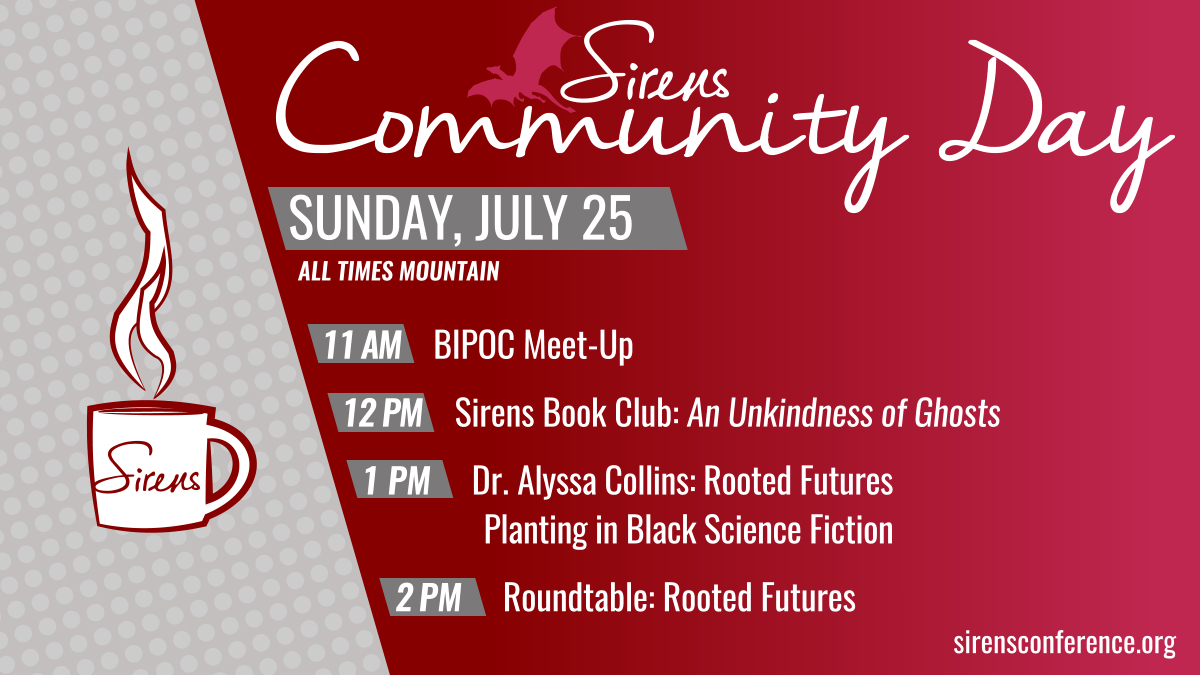
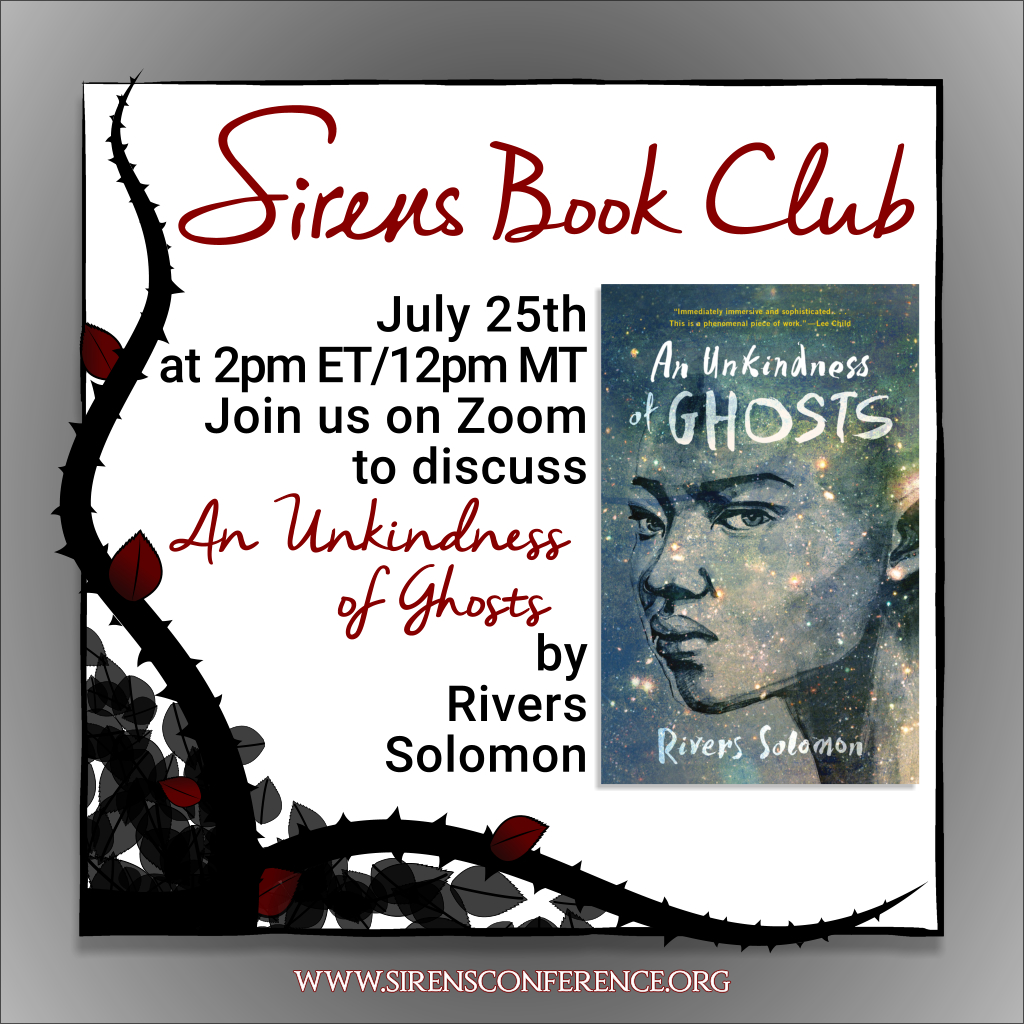
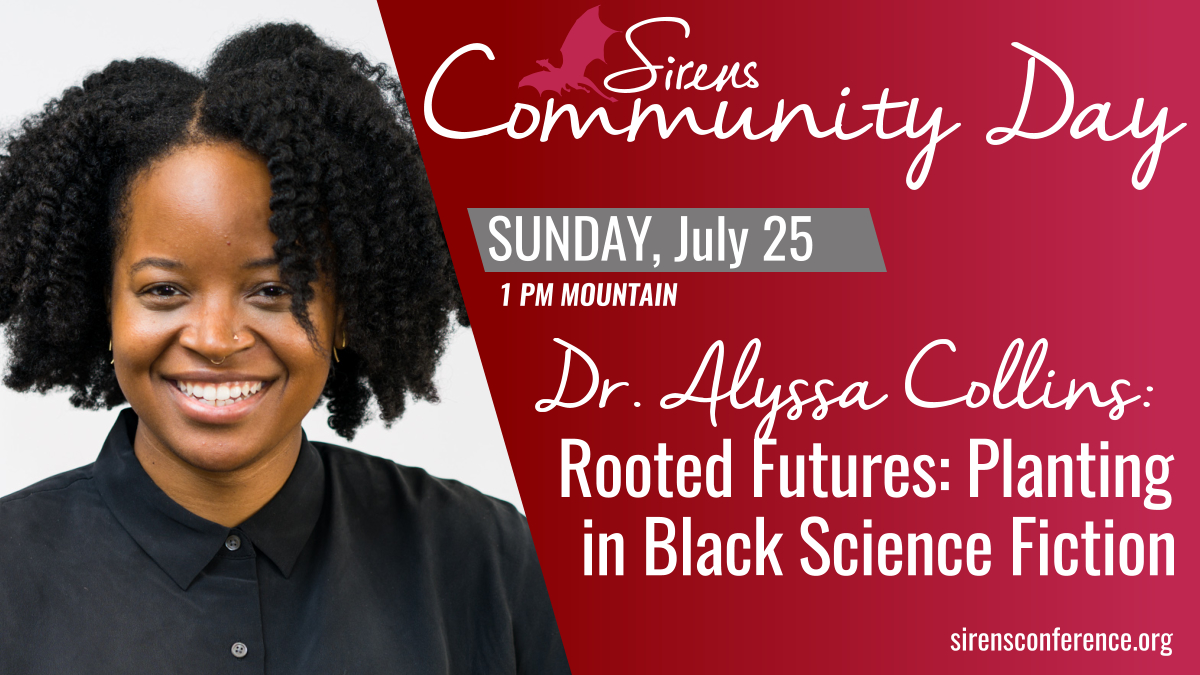

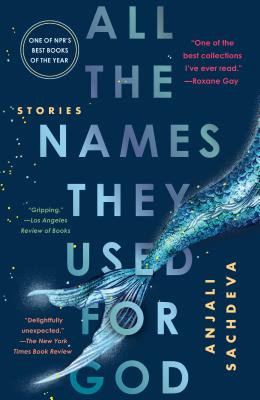
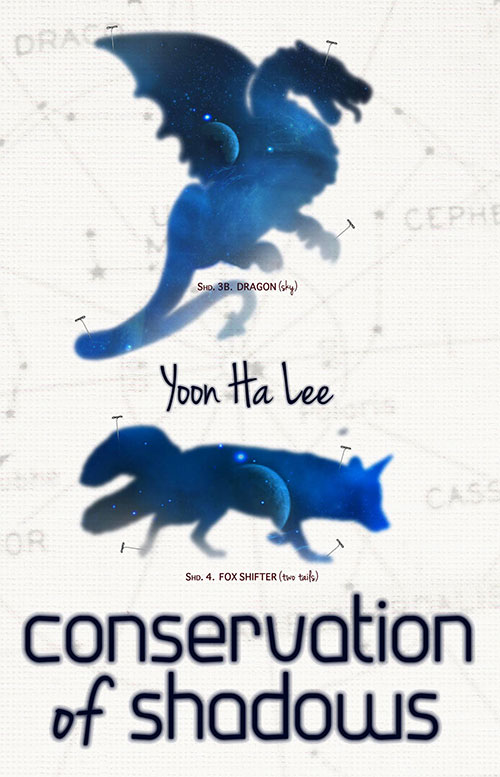
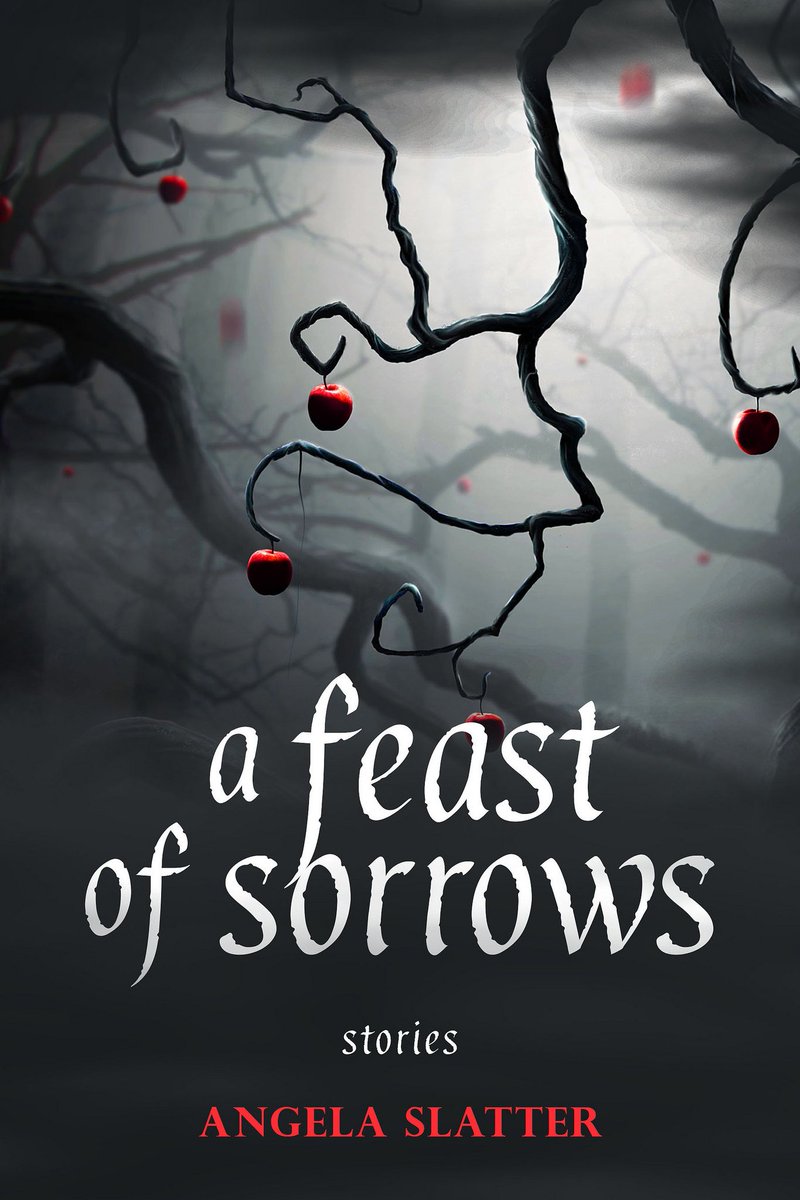
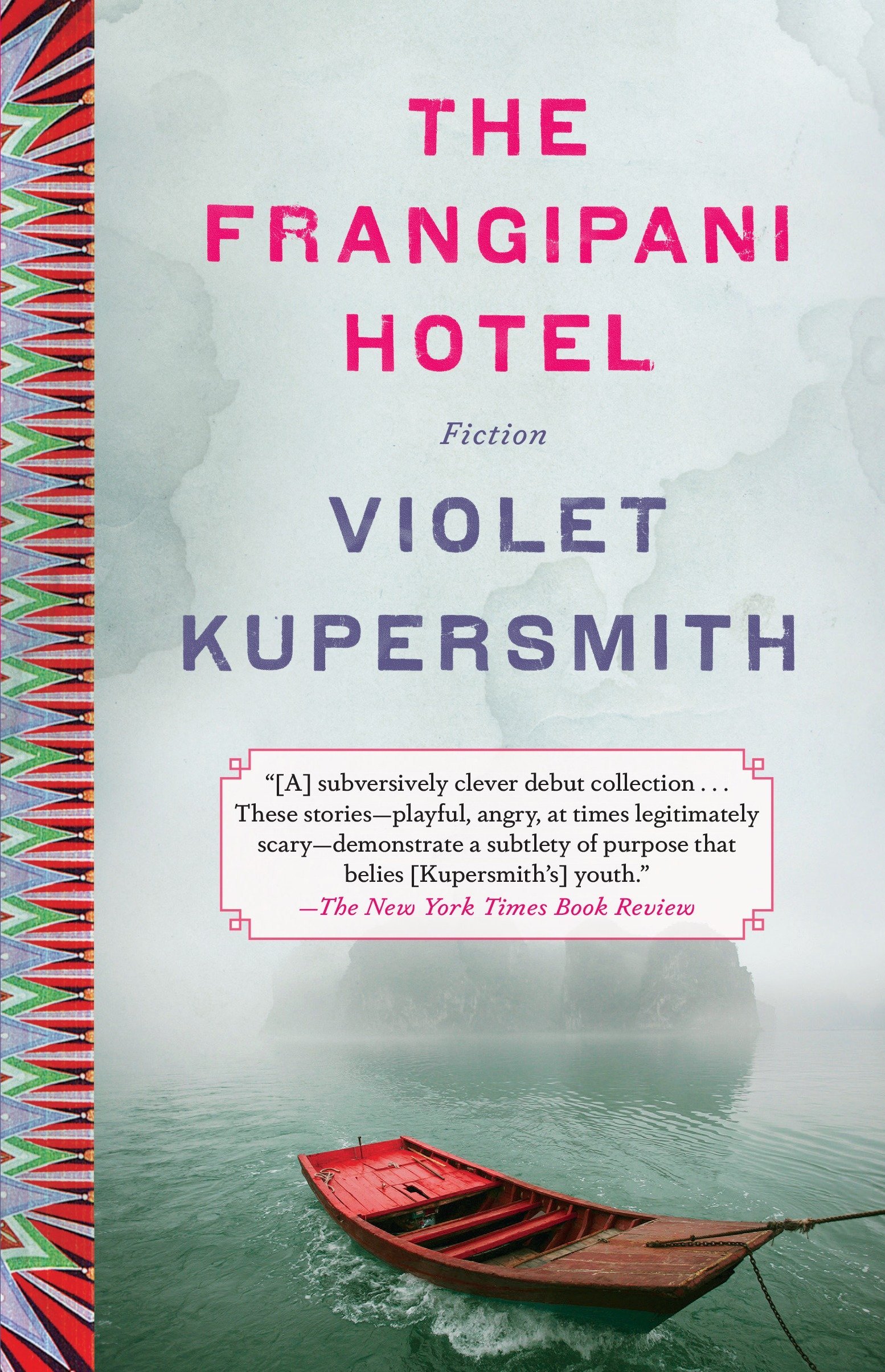
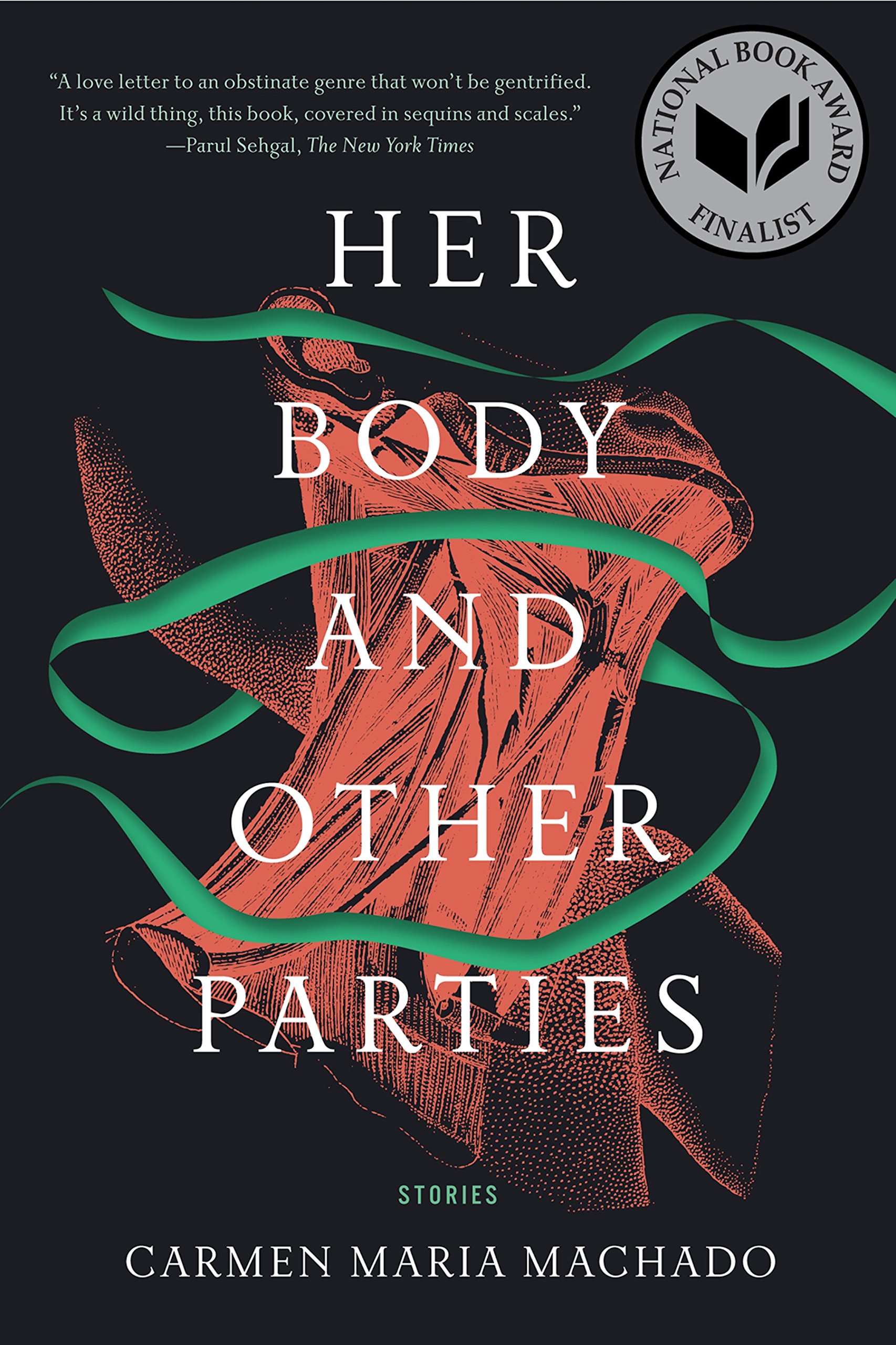
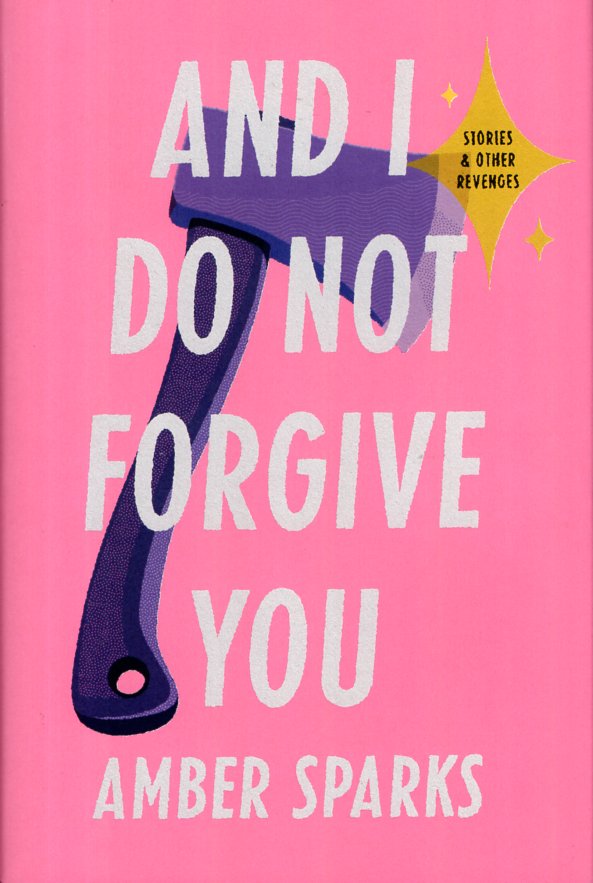
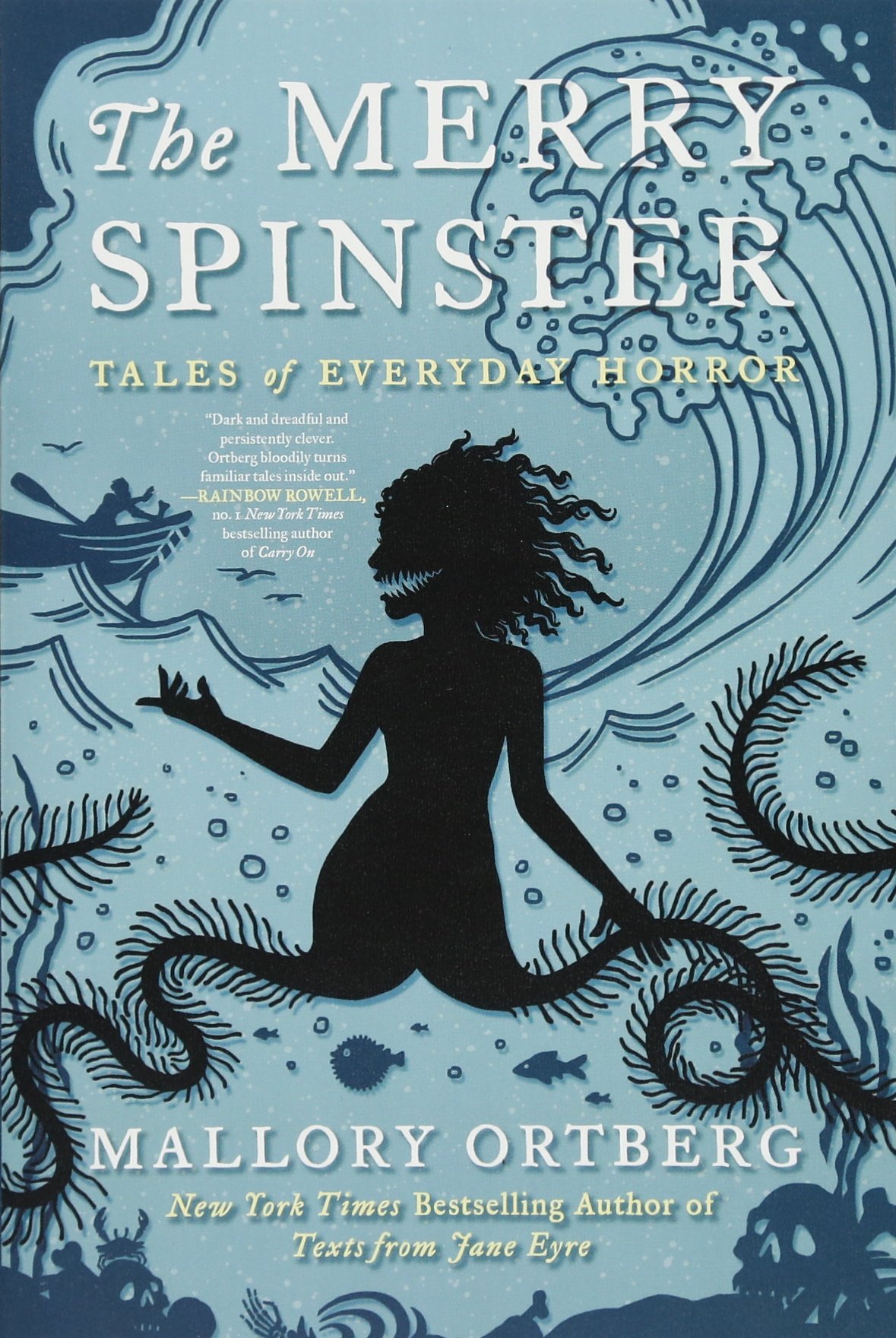

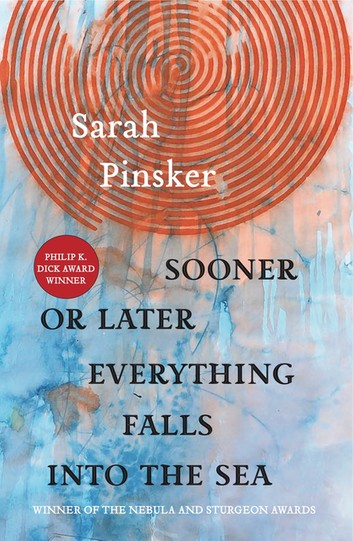
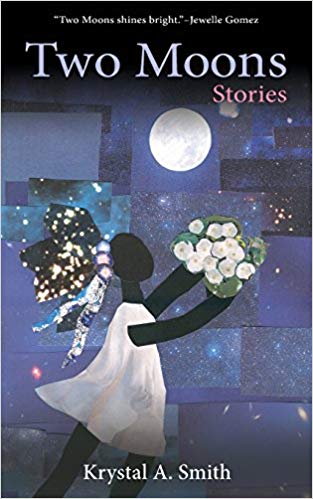
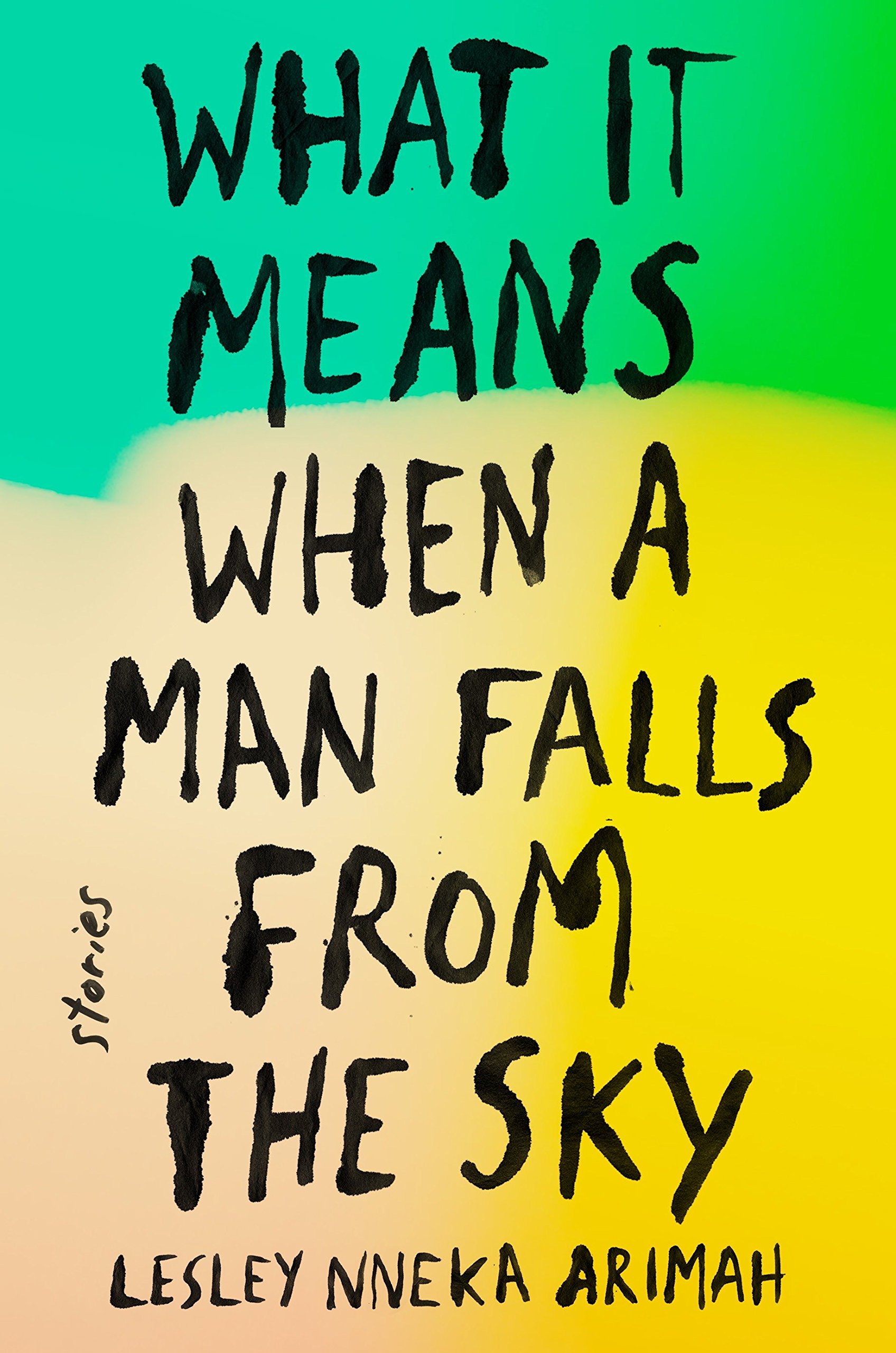
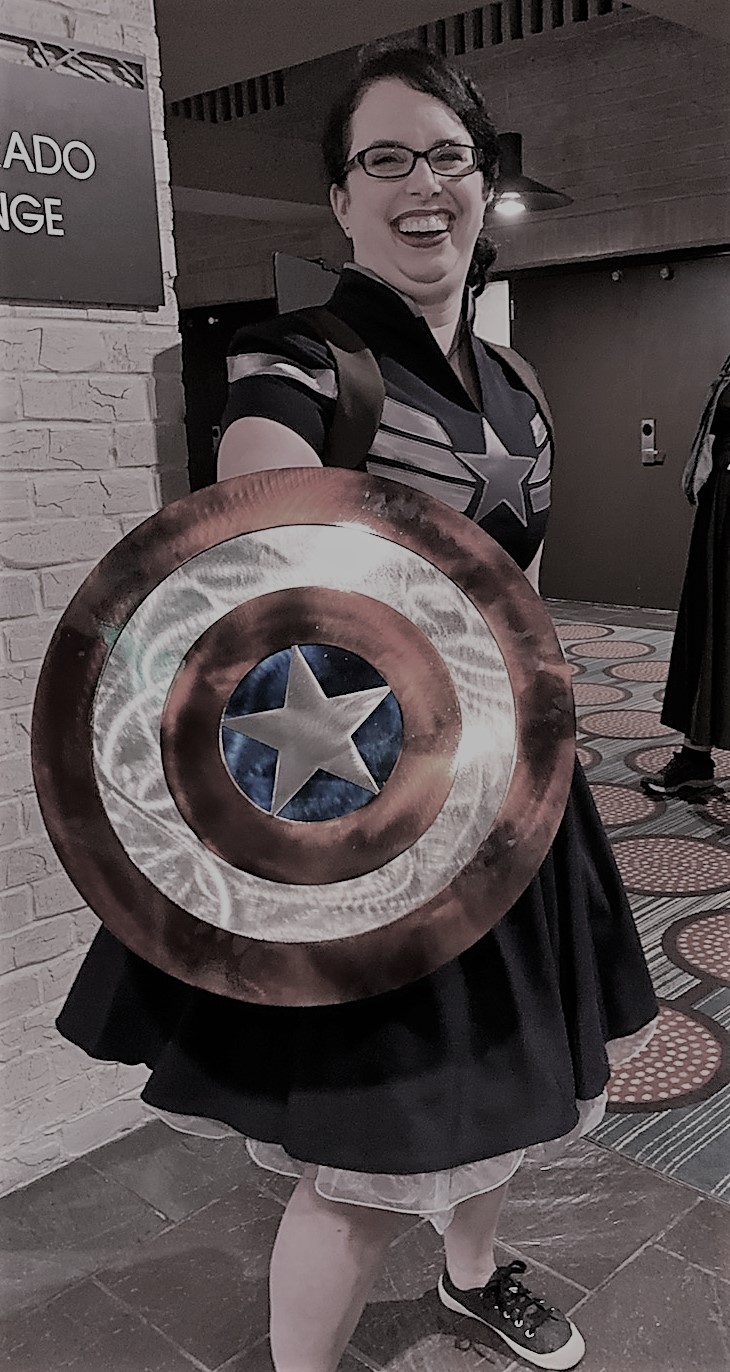 By day, Amy Tenbrink dons her supergirl suit and handles strategic and intellectual property transactions as an executive vice president of a major media company. By night, she dons her supergirl cape, plans literary conferences, bakes increasingly complicated pastries, and reads 150 books a year. She is a co-founder and current co-chair of Sirens, an annual conference dedicated to examining gender and fantasy literature. She likes nothing quite so much as monster girls, flagrant ambition, and a well-planned revolution.
By day, Amy Tenbrink dons her supergirl suit and handles strategic and intellectual property transactions as an executive vice president of a major media company. By night, she dons her supergirl cape, plans literary conferences, bakes increasingly complicated pastries, and reads 150 books a year. She is a co-founder and current co-chair of Sirens, an annual conference dedicated to examining gender and fantasy literature. She likes nothing quite so much as monster girls, flagrant ambition, and a well-planned revolution. 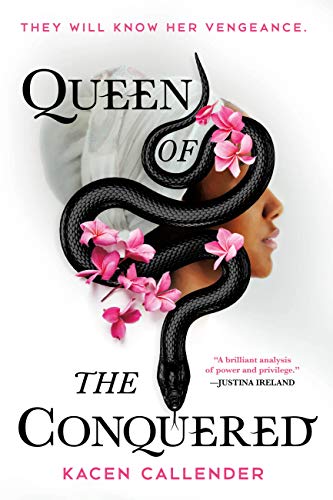





















































Connect with the Sirens community
Sign up for the Sirens newsletter